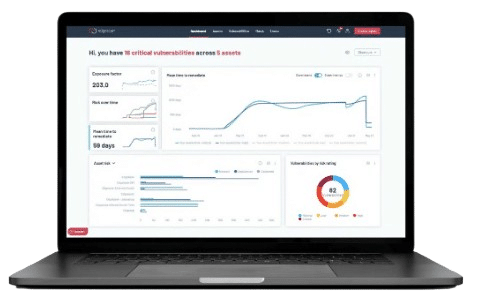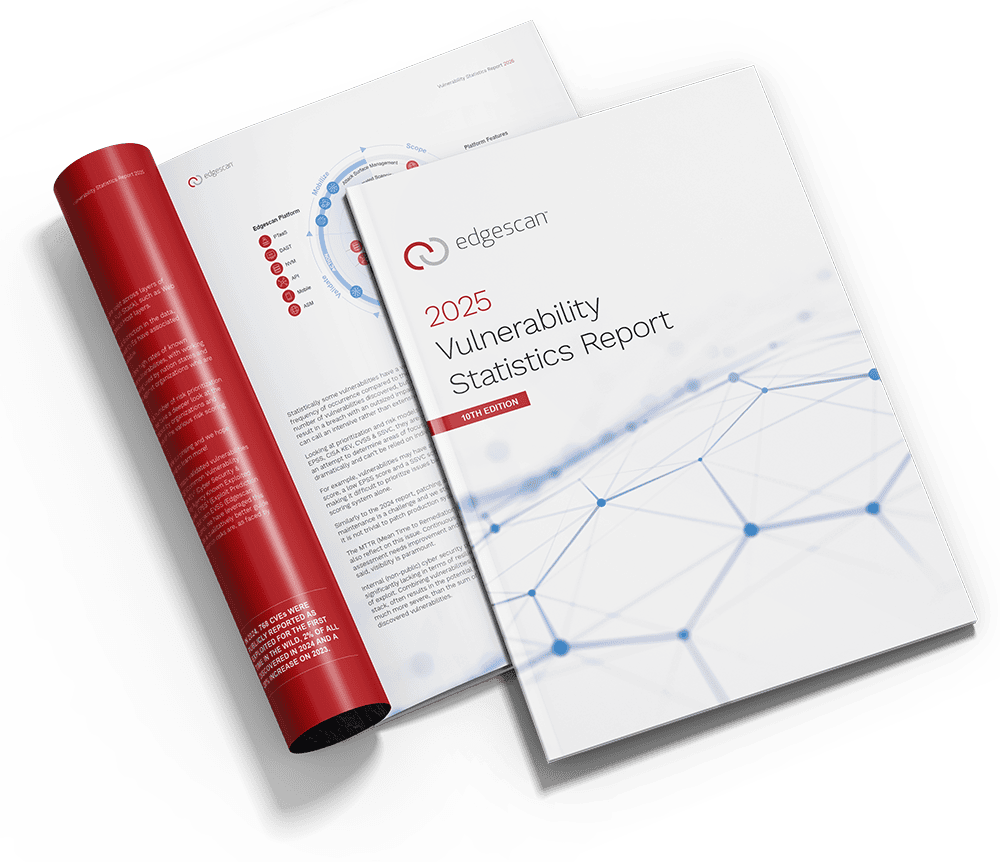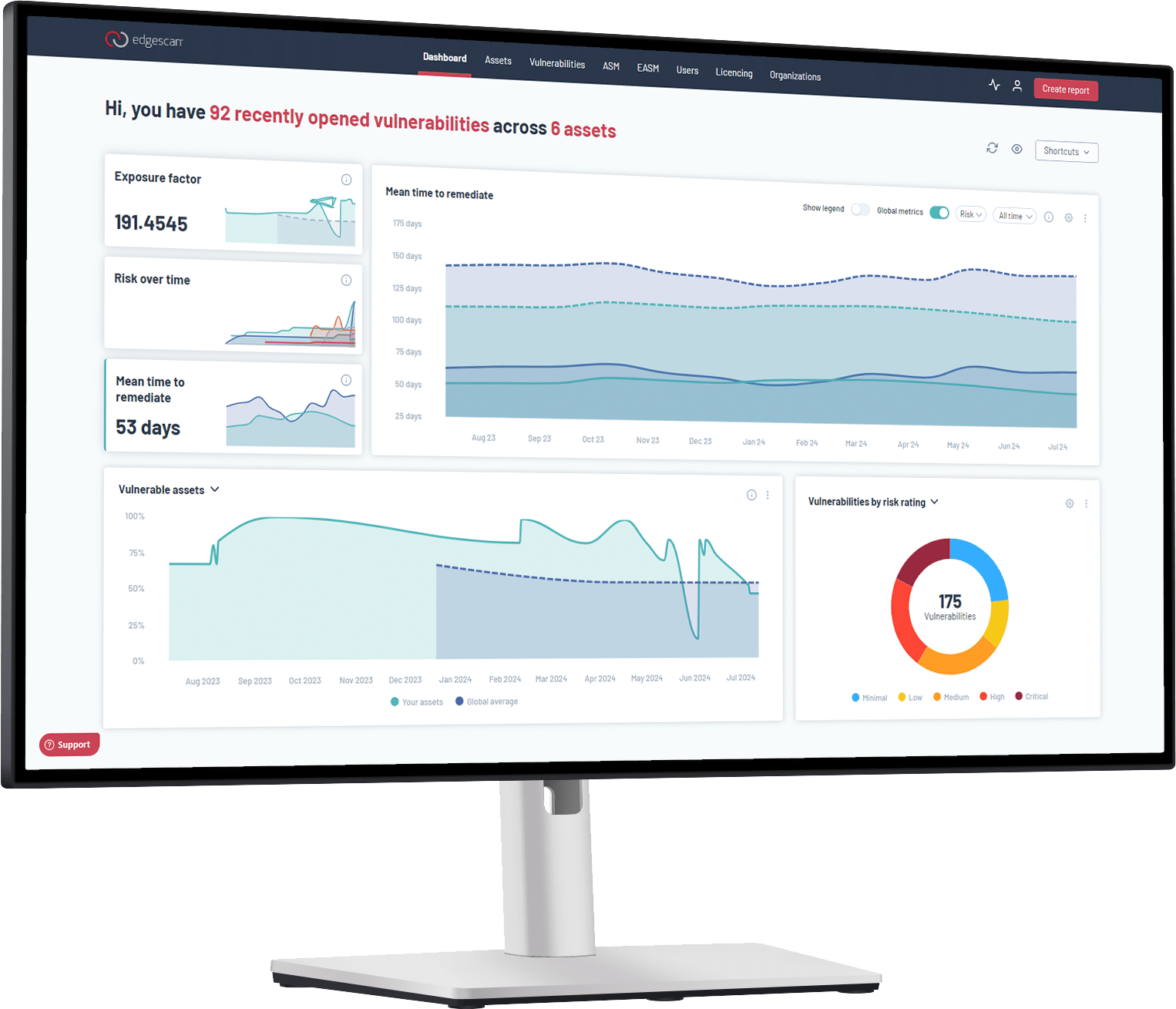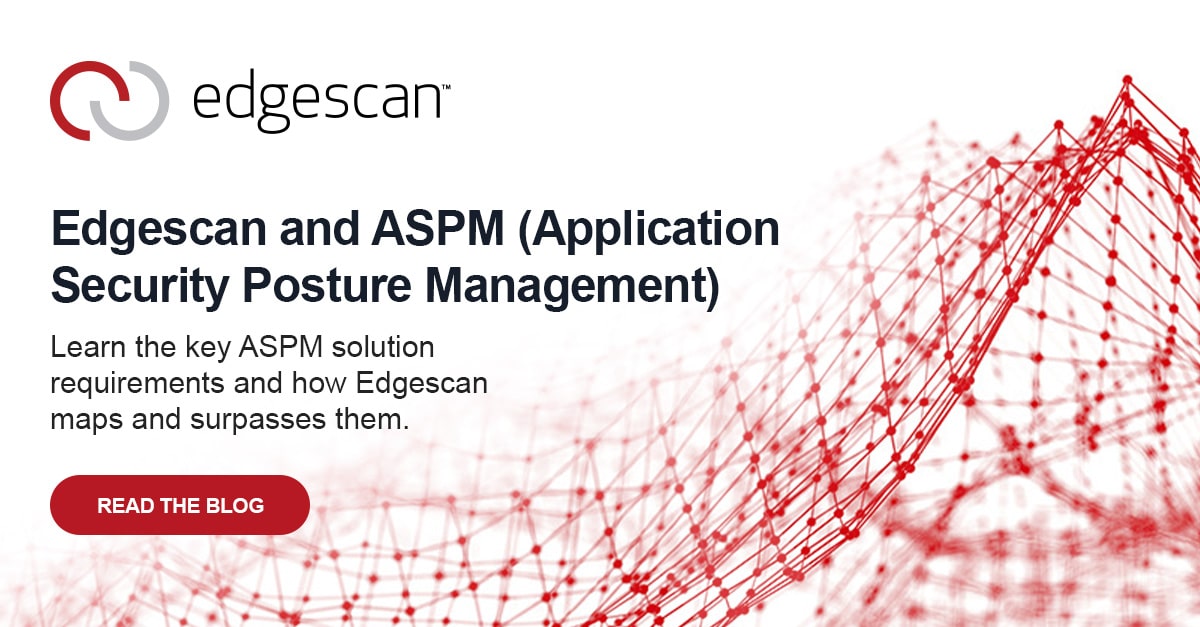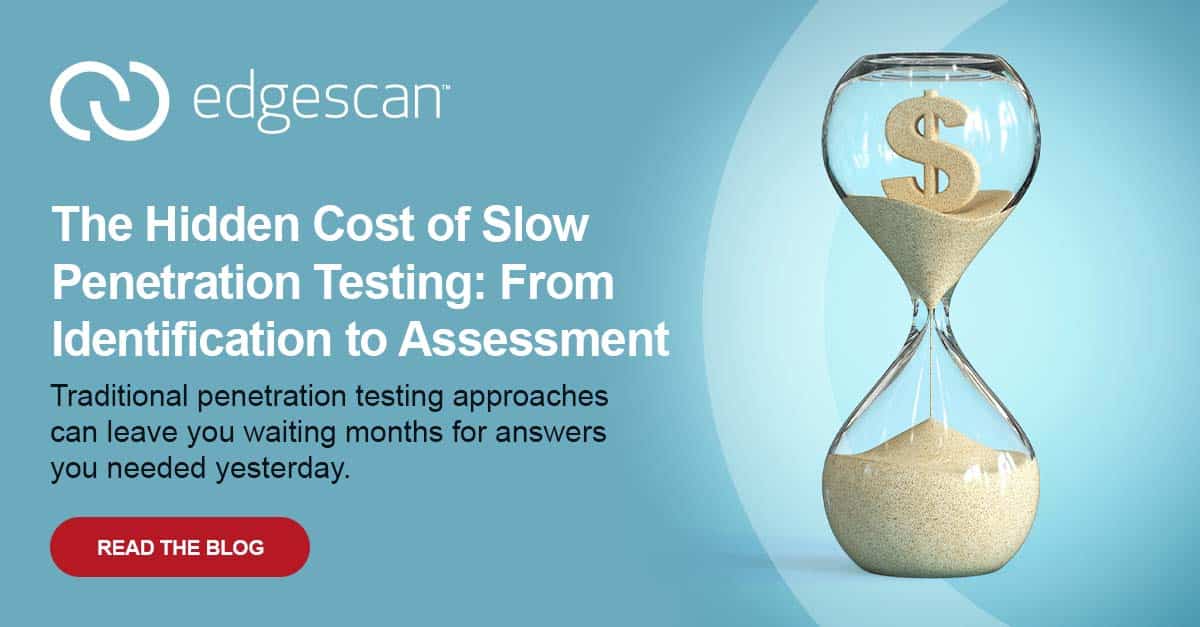Application Security Posture Management (ASPM) continuously assesses, manages, and enhances application security throughout the software development lifecycle, integrating various security approaches.
Below are typical Key Outputs from any ASPM solution and how Edgescan maps and surpasses such requirements.
Key Outputs Any ASPM Solution Should Deliver
Vulnerability Reports: Detailed reports on identified vulnerabilities, including their severity, potential impact, and recommended remediation steps.
Edgescan provides such metrics and more such as attack surface, SLA violations, MTTR, Prioritization and potential training recommendations which may prevent such vulnerabilities from being introduced in the first place.
Compliance Reports: Assessments of how well applications adhere to security policies and regulatory requirements.
Edgescan provides PCI-DSS, CISA, CIS compliance mapping. Edgescan’s AI insights also maps discovered vulnerabilities to compliance standards such to frame how the vulnerability will impact compliance efforts.
Risk Scores: Quantitative scores that represent the overall security risk of an application based on identified vulnerabilities and their potential impact.
Edgescan provides both breach and risk metrics to easily help prioritize remediation efforts such as EPSS, CISA KEV, CVSS, and EXF.
Security Posture Dashboards: Visual dashboards that provide an at-a-glance view of the security status of all applications within the organization.
Edgescan provides “Asset Risk” metrics highlighting full stack security posture information to help focus on assets with most severe exposures.
Key Metrics Any ASPM Solution Should Deliver
Number of Vulnerabilities: The total count of vulnerabilities identified in the application, business unit or geography. Tagging of assets and application of contextual metadata to aid filtering and reporting.
✓ Feature in Edgescan
Vulnerability Severity: Classification of vulnerabilities based on their severity (e.g., critical, high, medium, low). Severity can be judged not only by the vulnerability type but by its exploitability and breach probability.
✓ Feature in Edgescan
Time to Remediation: The average time taken to fix identified vulnerabilities. By virtue of date discovered and date closed via on demand retesting to verify the vulnerability has been mitigated. Also self-imposed SLA’s to keep track of MTTR and address severe exposures fast!
✓ Feature in Edgescan
Compliance Score: A metric indicating the degree to which applications comply with security policies and standards. Edgescan uses our AI Insights to achieve compliance mapping. This keep pace with both the every changing vulnerability taxonomy and compliance requirements.
✓ Feature in Edgescan
Risk Exposure: The potential risk exposure based on the identified vulnerabilities and their severity. As above, breach predictability and public knowledge of breach attempts or ransomware leveraging a specific vulnerability can be gleamed via the edgescan platform.
✓ Feature in Edgescan
Patch Management Efficiency: Metrics related to the efficiency and timeliness of applying security patches. Self-imposed SLA’ trackers can notify and alert the occurrence of exposures not being attended to in a timely manner.
✓ Feature in Edgescan
Security Posture Trends: Trends over time showing improvements or declines in the security posture of applications. Dashboard metrics and reporting demonstrating risk posture, improvements or otherwise. AI Insights providing more context in terms of MTTR, priority and compliance issues.
✓ Feature in Edgescan
The outputs and metrics above help organizations maintain a strong security posture by providing continuous visibility into the security status of their networks, API’s & applications and enabling proactive management of security. Don’t disregard continuous landscape visibility with ASM in order to help ensure all assets are under management by the ASPM solution.

